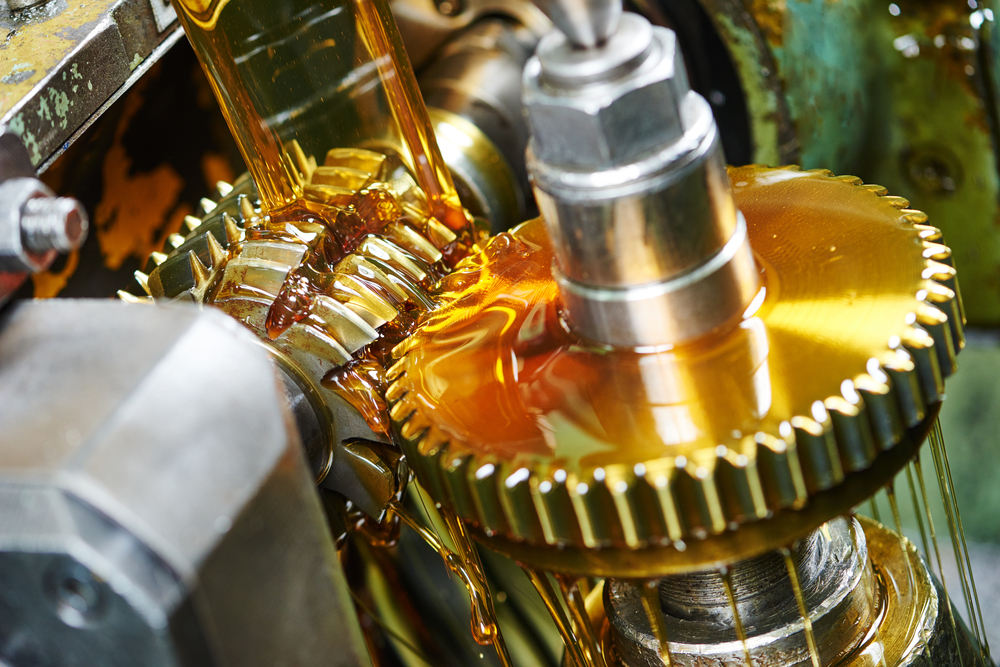
What does a lubricant actually do?
26 March 2021
Why is viscosity index important?
11 June 2021What is the big deal about viscosity?
What is the big deal about viscosity?
In the world of lubrication, viscosity is a very big deal. Viscosity can make a difference between a machine that lasts for less than one hour to another that lasts 10,000 hours and more. It holds the key to a critical aspect of lubrication: separation of surface.
If lubricant’s sole function is only for protection against wear, then the higher the viscosity the better. Higher viscosity means thicker oil film to separate the surface and greater load carrying capacity.
However, as viscosity increases, it becomes more difficult to flow and movement of the fluid will be affected. This impacts the other functions of lubricants such as provide cooling and removing contaminants. A lot of energy will be wasted to overcome fluid friction.
The opposite is not desirable because when the viscosity is too low, protection is also too low. The oil film cannot maintain a good contact separation. Advantages of having low viscosity are reduced energy usage, better rate of removal of contaminants, and more cooling.
Balancing the opposing requirements is an art. It has also attracted quite a debate in the industry. The trend towards improving fuel economy and reducing CO2 emissions by using a lower viscosity engine oil may come at a cost to engine protection. Some industry players especially the OEMs, are not too excited about it.
The question of the best viscosity ultimately depends on the application, machine design and operating temperatures. Considerations of the climate at which the machine operates is also important. Every machine has its own optimal viscosity range for it to run reliably while allowing for efficiency.
Sometimes it is possible to combine close viscosity grades into one so that a plant does not have to keep many different oil grades. For example, hydraulic oil ISO 68 and ISO 100 can be combined into just ISO 100. This is known as rationalisation or consolidation of oil grades. Careful consideration is needed to be sure that machines that go through oil rationalisation will not be adversely impacted.
Should there be concerns about viscosity or there is a need to consolidate your lubricant grades, ILD technical is here to help. Contact us for more information.
About the Author:
Aaron Said is ILD/Sinopec’s National Technical Manager. He is responsible for developing and delivering value-added lubricant technical services to client for reliability improvement, lubricant optimization, and cost-savings. Among his professional credentials are Certified Lubricant Specialist (CLS) and Oil Monitoring Analyst I (OMA) from Society of Tribology & Lubrication Engineers (STLE) and the International Council of Machine Lubrication (ICML)’s Machine Lubricant Analysist I. 




